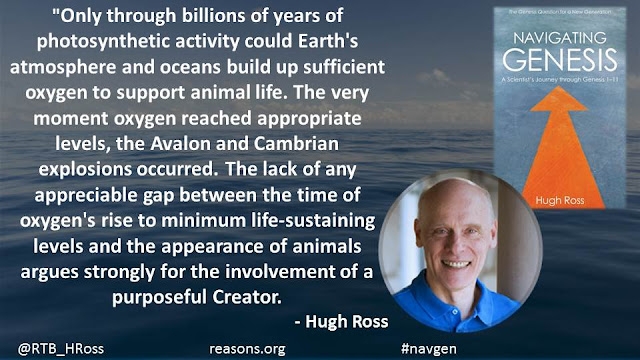Gentleness and Respect in Debate and Discussion- Introduction
As a defender of the Christian worldview, I get involved in many discussions with skeptics. These discussions often not only touch on the existence of God, but on the problem of evil, the nature of man, and ethics, which all overlap into politics during certain years. As many have experienced first hand, these discussions often get heated. There is a temptation that is difficult to avoid in these situations, but it must be resisted.
The Temptation
The temptation to become defensive in our attitude (especially when the other person already is) is not easy to avoid. Sometimes we permit ourselves some freedom in our rhetorical force combined with our aggressive posture, and before we know it, those freedoms have produced sarcasm, disrespect, belligerence, or dismissiveness. Many times justified as "passion."
While there is nothing wrong about being passionate about the truth and justifying its belief, we must always be careful that we articulate our points "with gentleness and respect." Christians are urged in scripture to do so (1 Peter 3:15b). But this is not merely an arbitrary command, it has real-world negative effects.
If we do not present the truth in love, then people are less likely to accept it. And if we present the truth in a snide or condescending way, then people are likely to project that condescension onto the truth and be repulsed by it.
There are two parties negatively affected by the uncontrolled rhetoric and posture: the defender and the skeptic. The defender is demonstrating the evidences that justify belief in Jesus Christ, yet he does so in a very unloving and unChrist-like way.
This creates a contradiction in the defender's life: his actions do not seem to match what he professes.
This walking contradiction causes the defender to lose credibility.
Hypocrisy in the Church is one of the big stumbling blocks to skeptics. When skeptics see a contradiction in a worldview, they know intuitively that they must question its truthfulness. And if the contradiction includes poor attitudes (as this particular one does), it makes that worldview appear less deserving of consideration and a commitment even if it
is true.
Been There, Done That
So what can we do about this? For anyone who is constantly on the lookout for opportunities to share and defend the truth of the Gospel and the whole of the Christian worldview (that should be
all of us), we always need to be in prayer that we will remain conscious of our level of rhetoric and postures. When we engage, we need to focus on the concerns of the person asking the questions. This will allow us to address the issue with truth but do so in a way that connects personally with the person. If (when) we find that we have crossed the line of passion into belligerence, we
must backtrack- ask the person's forgiveness and permission to start over, reminding ourselves of something. I like the way that Greg Koukl puts it in his book "
Tactics: A Gameplan for Discussing Your Christian Convictions":
"Being defensive and belligerent always looks weak. Instead, stay focused on the issues, not on the attitude."
Conclusion
Love, gentleness, humility, and respect in our discussions will go a long way. Whether we are discussing the truth of the Christian worldview with a skeptic, discussing theology, debating politics, or whatever, if these are not present we have no reason to expect our message to be persuasive. We can compromise neither truth nor character. We claim that Christ can transform lives; we need to allow Him to transform ours so we can be His hands and feet that people can see, hear, and touch in this physical world.









